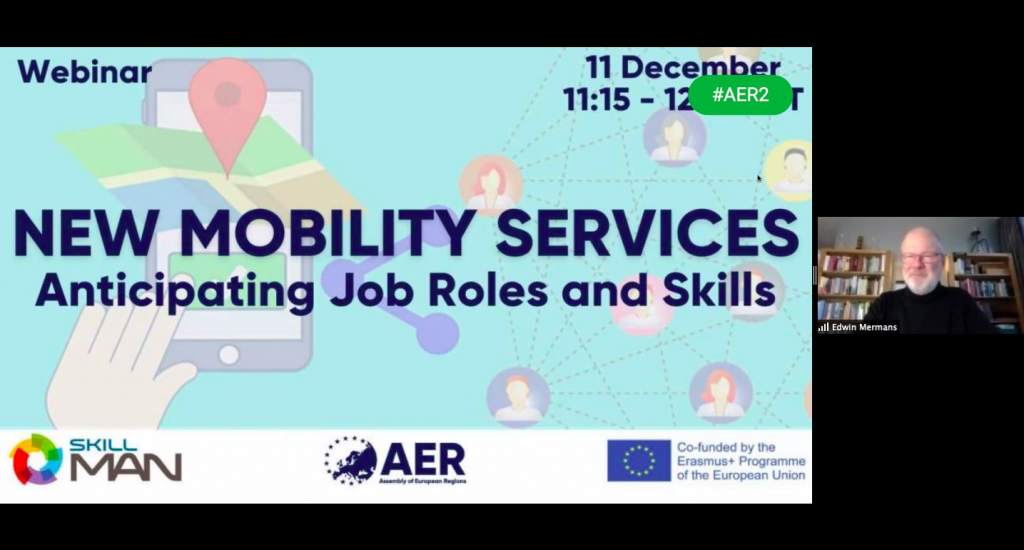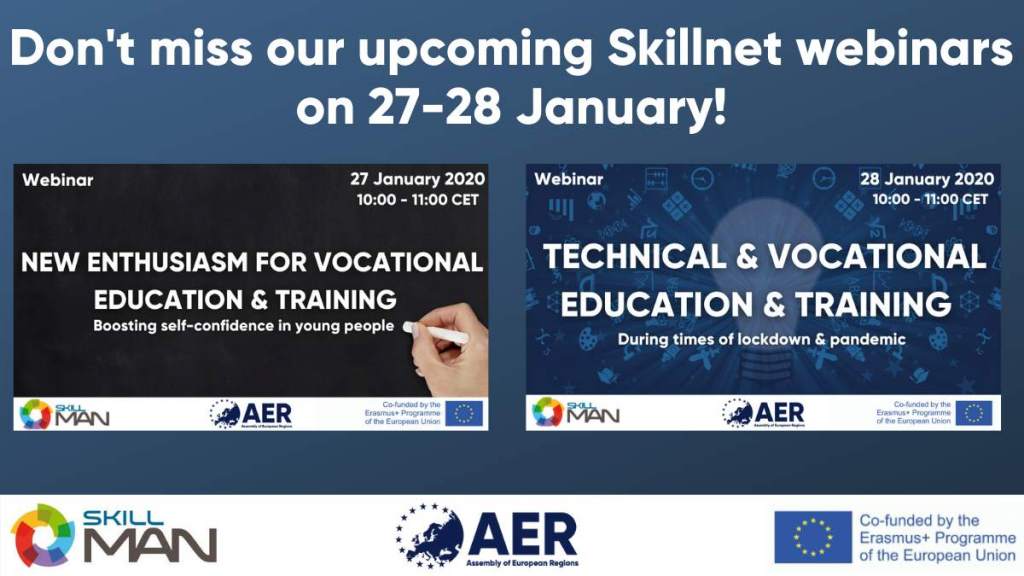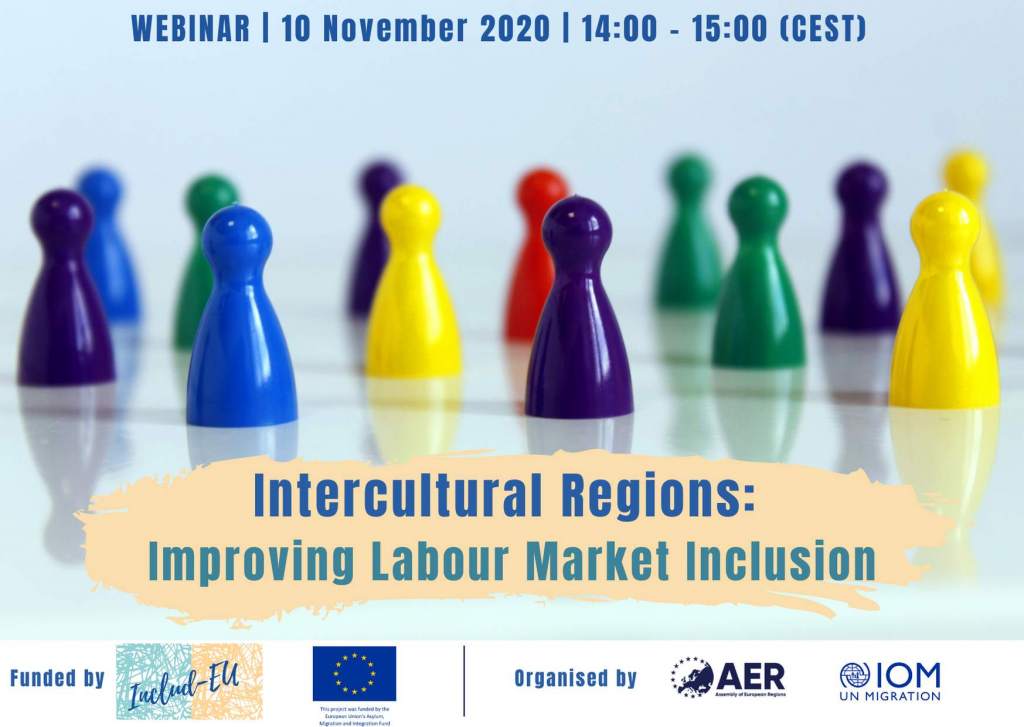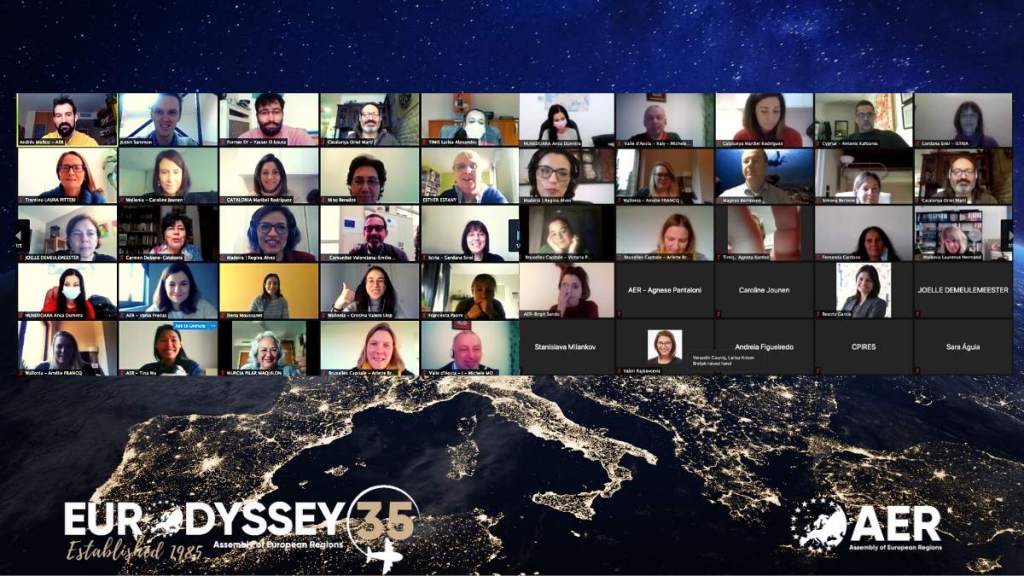Building the Circular Economy through Circular Skills: Regions and Universities leading the Change
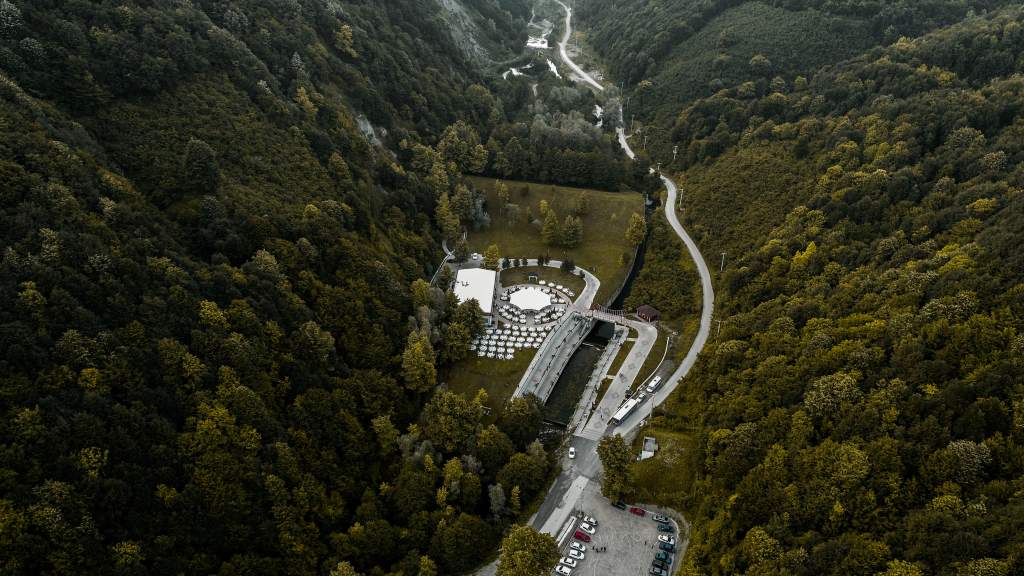
The transition towards a circular economy is among the core objectives of policy-makers at all levels of government. Yet, its full and effective achievement strongly depends on the readiness of ... Read More
